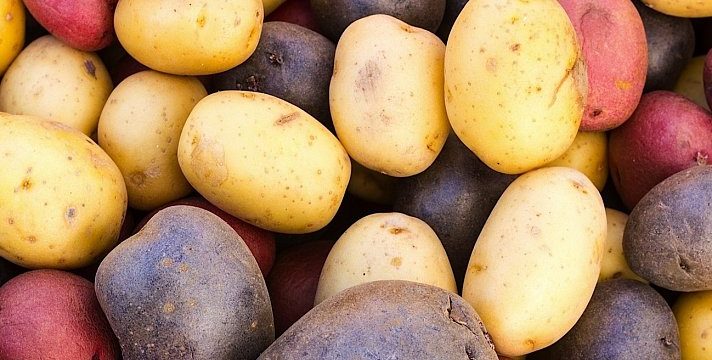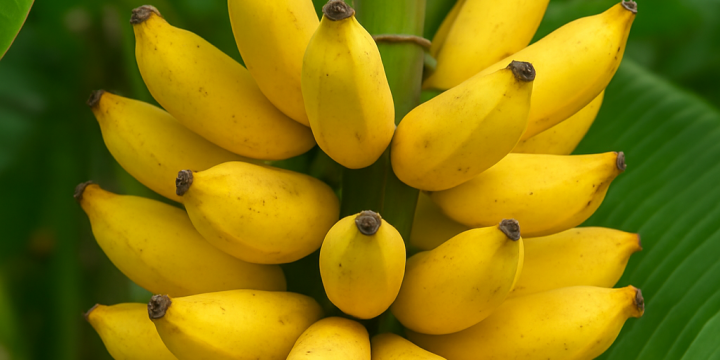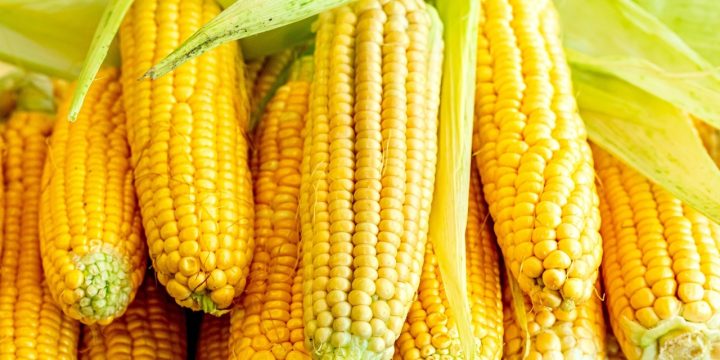
Potatoes: From Andean Origins to Global Staple
The potato (Solanum tuberosum) is one of the most widely consumed and economically important food crops in the world. Native to the Andean region of South America, it has played a crucial role in the diets of millions for centuries and continues to be a staple in many countries today. Potatoes are a versatile crop, rich in carbohydrates, vitamins, and minerals, and can be prepared in numerous ways, including boiling, baking, frying, and mashing. Modern agriculture relies heavily on potatoes due to their high yield per hectare, adaptability to different climates, and relative ease of storage. In addition to food consumption, potatoes serve as raw materials for industries such as starch production, alcohol fermentation, and animal feed. The global significance of potatoes is reflected in their cultivation across more than…


